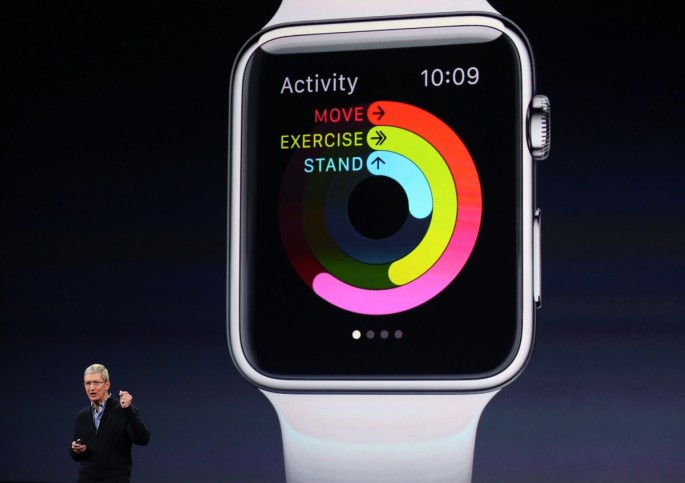Here is an issue the Apple iWatch marketing team have to deal with; they cannot launch the device in Switzerland due to pictorial depiction of the fruit that cannot be associated with any watch or jewellery sold in that country.
Unless William Longe, who currently holds the patent, makes any special leeway for Apple the behemoth. William Longe also owns the Leonard Timepieces brand. Fortunately for Apple, the patent which came into effect in 1985 is set to expire on Dec. 5, mentions Reuters.
Another aspect that Apple might count in its favour is that Switzerland is a relatively small market compared elsewhere in Europe. Switzerland is flanked on either side by France and Germany both of which will see the iWatch launch in the respective countries on Apr. 24. Ironically, Switzerland is considered the home of luxury watches but as things stand right now, the country might miss the date with the Apple iWatch.
Interestingly, Apple is also known for its fierce campaigns against rival companies over patent disputes. The patent war had gained immense notoriety and was pursued in various courts worldwide. Samsung was at the receiving end of most of these court battles and was prevented from selling its Galaxy Tab in several important markets around the world, including in the United States. However, those were based purely on technical and design issues with Apple accusing Samsung of designing tablets that carries the 'look and feel' of Apple devices.
Also, with Switzerland being the home to some of the best known brands in the world, its only natural for comparisons to be drawn as to whether there would be enough takers for the iWatch there, according to CNN. Apple is leaving no stone unturned in its effort to position the smartwatch as a luxury offering, which includes pairing the device with an 18 carat gold chassis.
However, the one aspect where the iWatch might lose out against its Swiss rivals is that while the Swiss high-end luxury swatches last a lifetime and even more, the same isn't going to apply to the iWatch which will have a new cousin a couple of years down the line, rendering the current version obsolete.




























